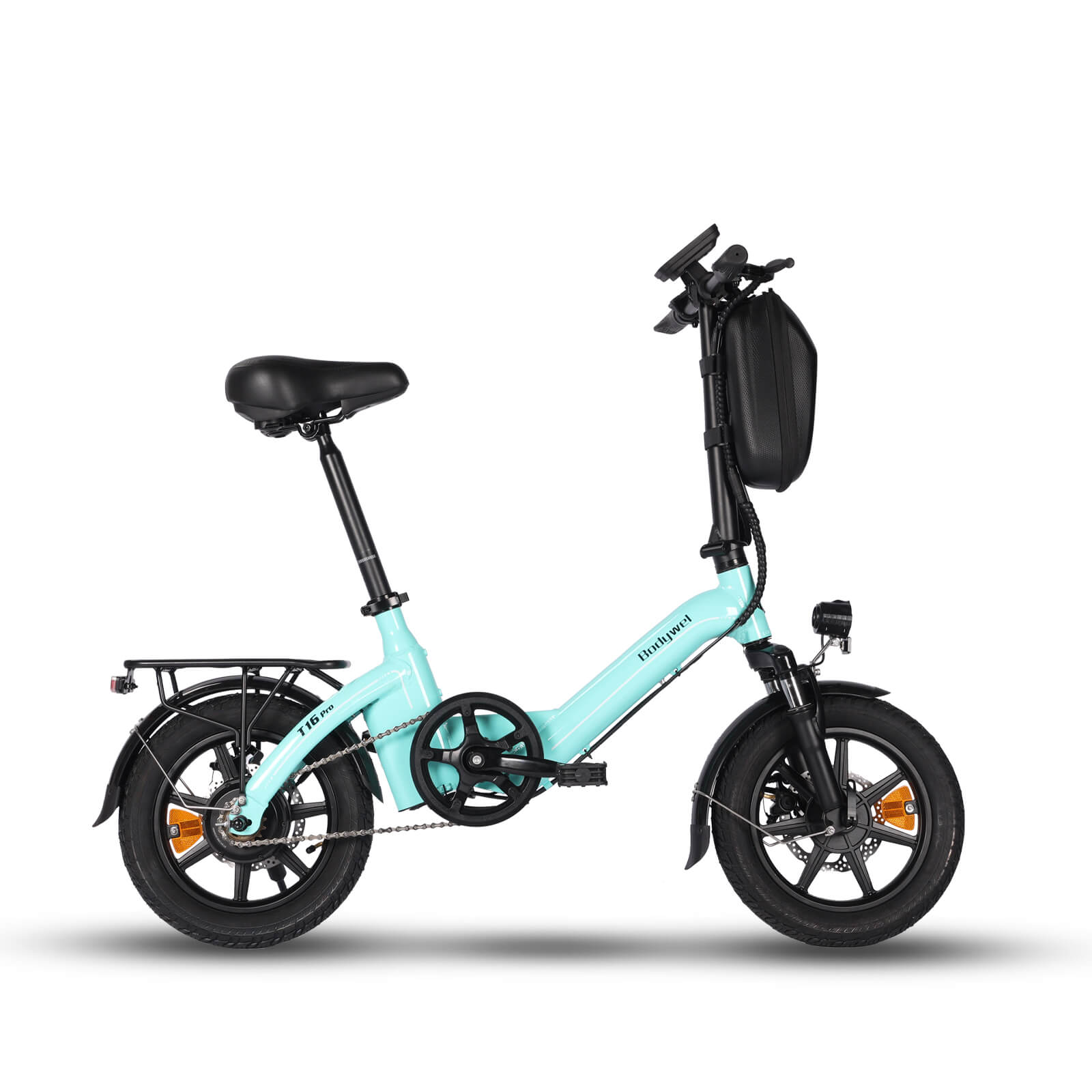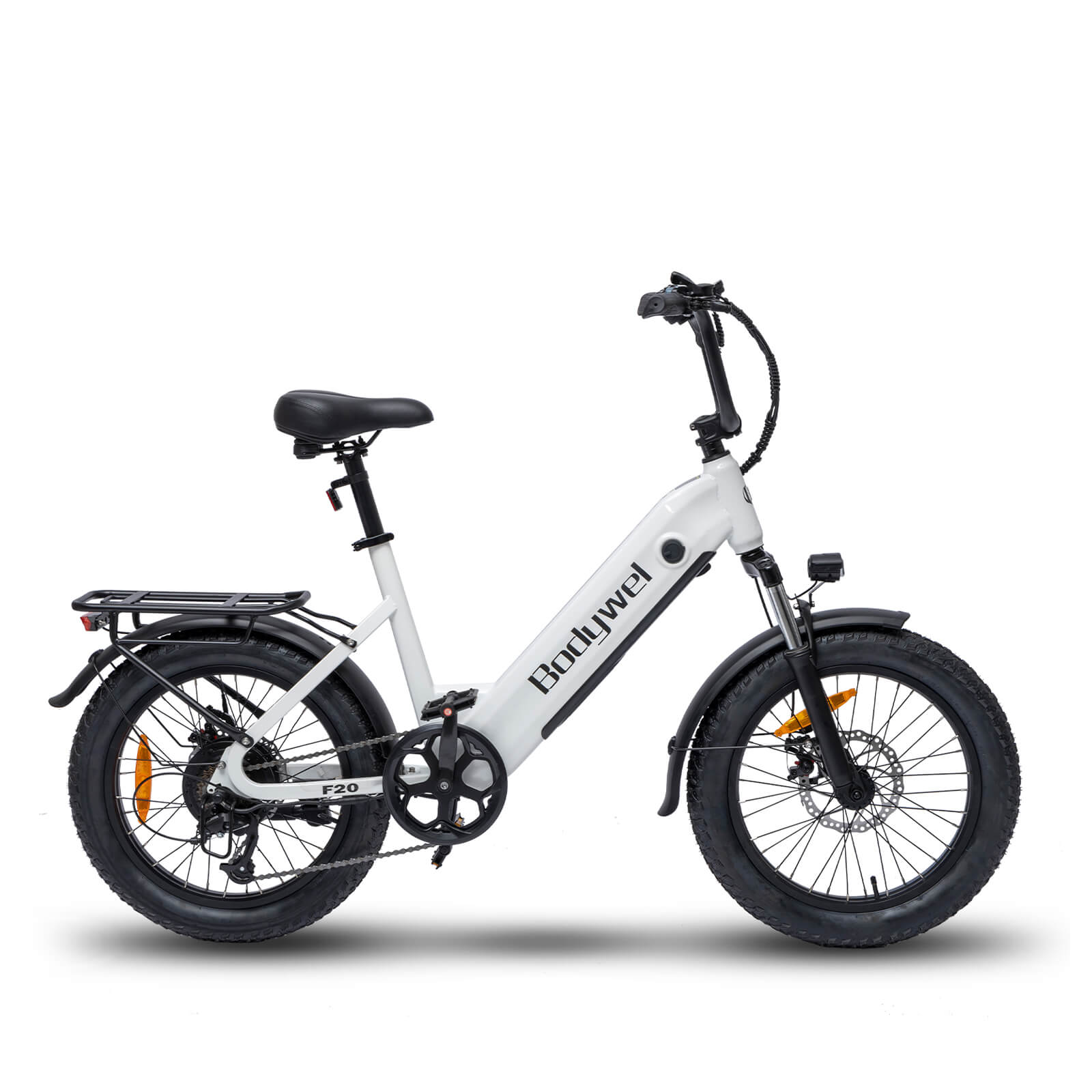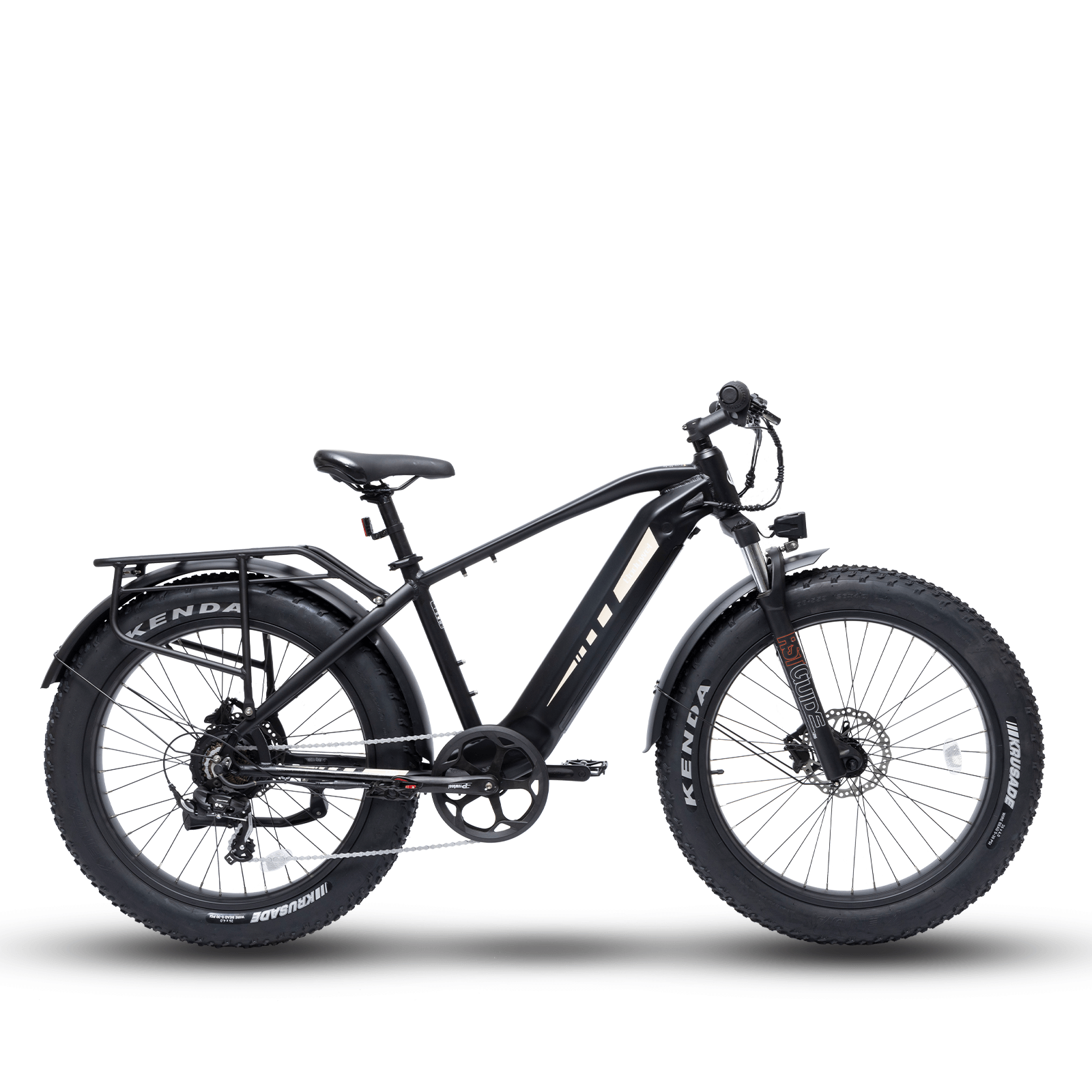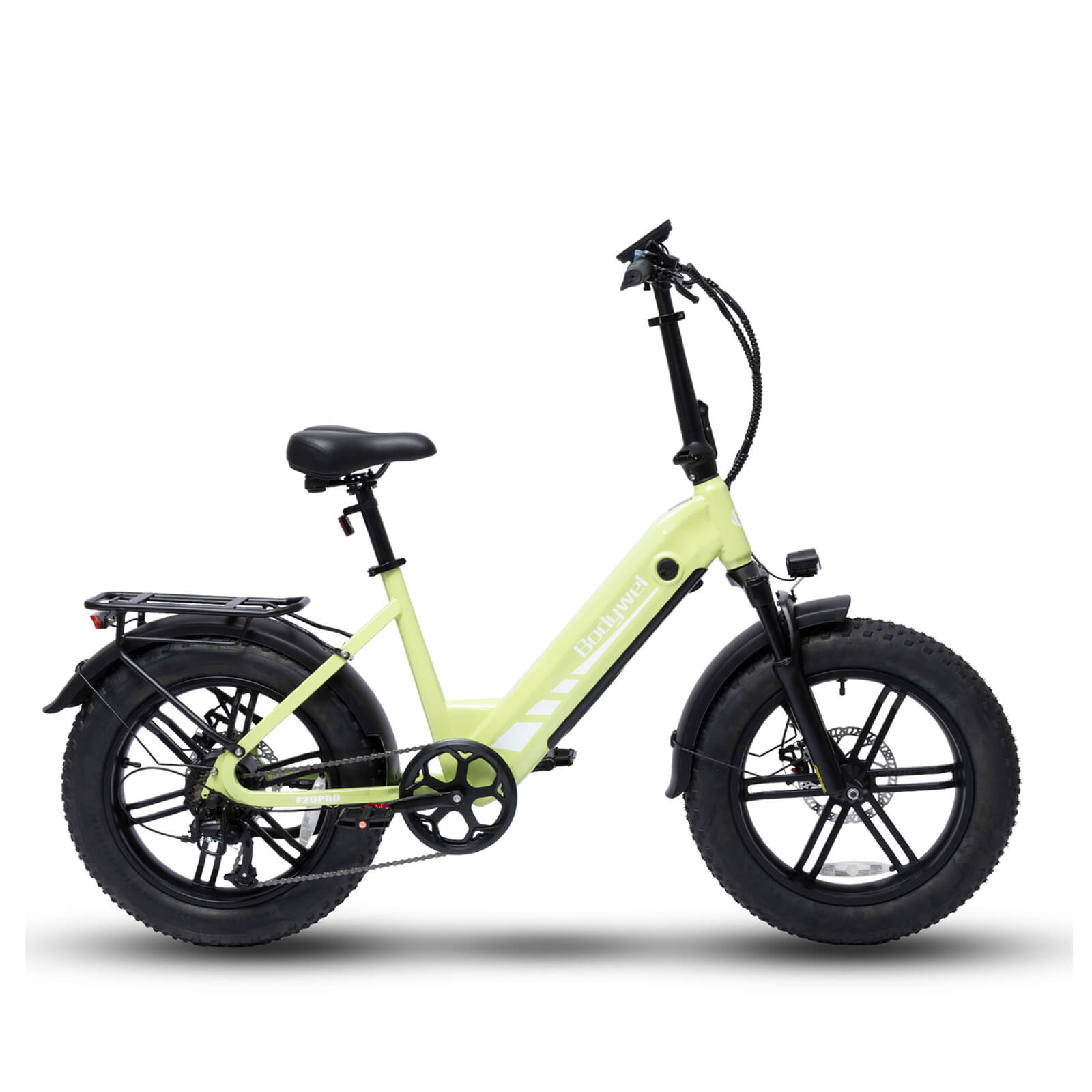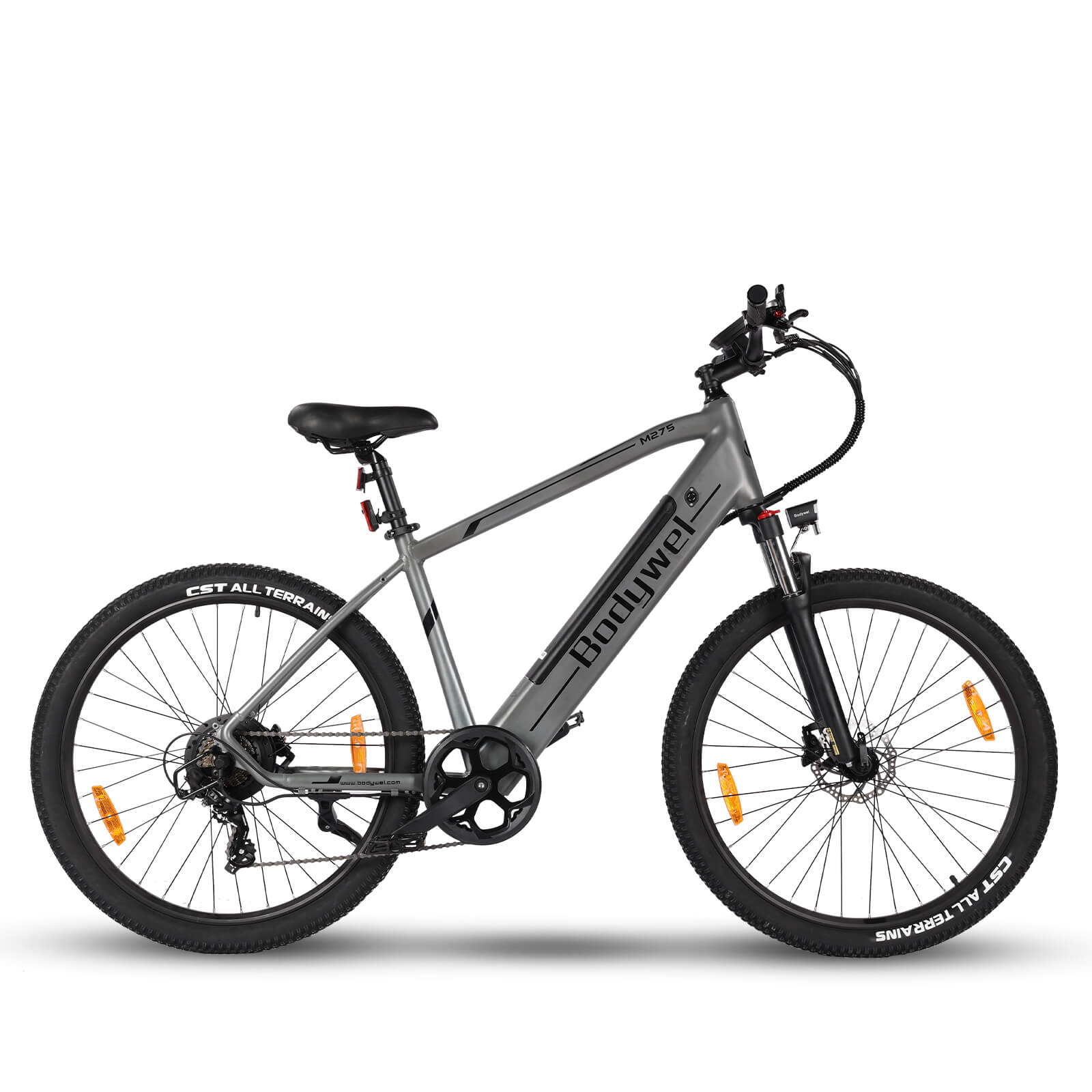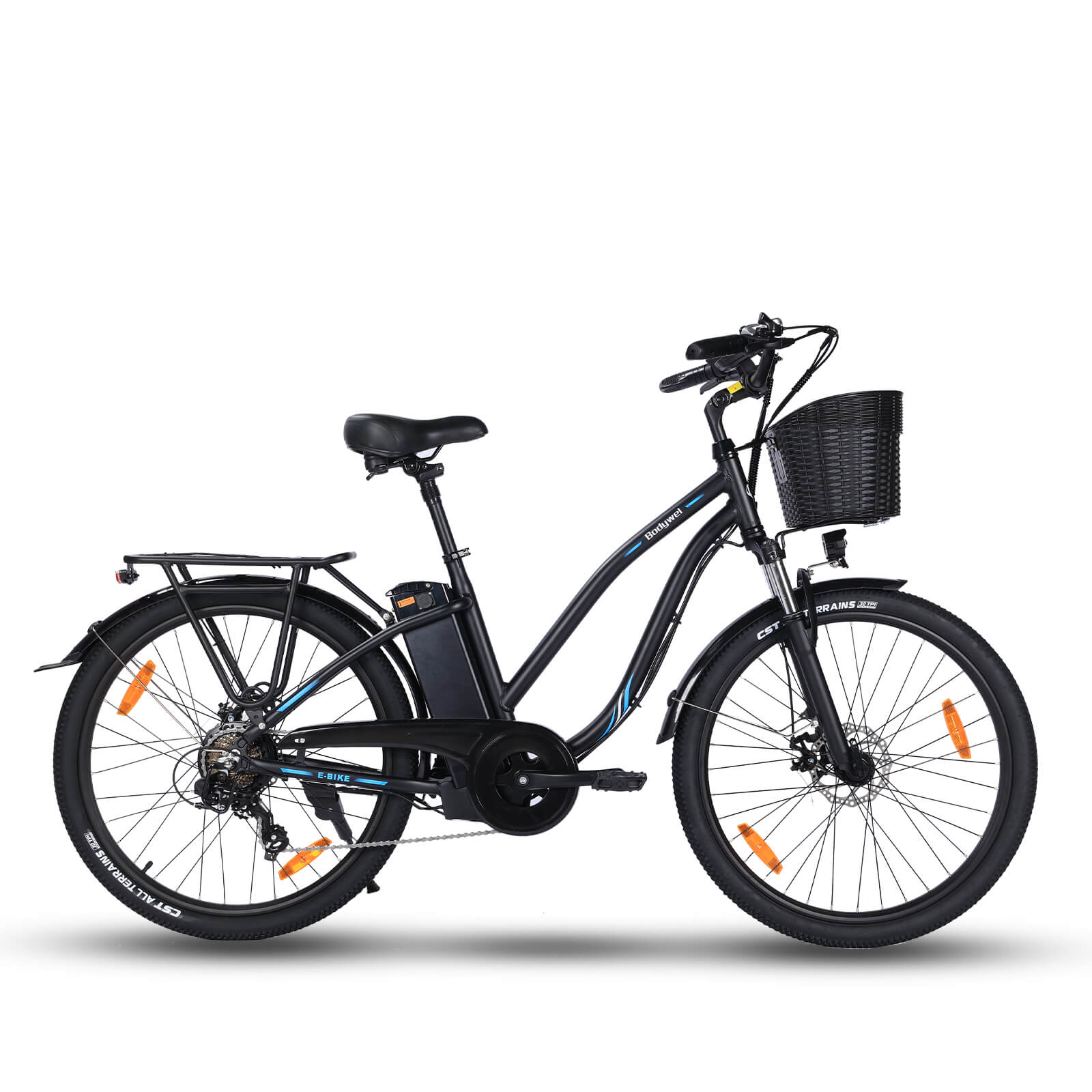5 Must-Know Benefits of Portable Electric Bikes for Commuters

Portable electric bikes revolutionize urban commuting by combining convenience, efficiency, and eco-friendliness. This article explores five key benefits of foldable e-bikes for daily travelers, from space-saving designs to cost-effective transportation solutions.
Space Efficiency in Urban Environments
Foldable electric bicycles solve storage challenges in crowded cities. Their compact design allows easy transport in elevators, under office desks, or in apartment corners—unlike traditional bicycles. Many high-end models fold to the size of a suitcase within seconds.
Commuter testimonials highlight how collapsible e-bikes eliminate parking fees and theft risks. A recent urban mobility survey revealed a significant majority of riders chose lightweight electric bikes specifically for their space-saving advantages in metropolitan areas.
Significant Cost Savings
Compared to cars or public transport, portable e-bikes offer dramatic financial benefits. The average commuter saves substantially on fuel, parking, and transit passes. Maintenance costs for folding electric cycles are considerably lower than automobiles, with no insurance requirements in most regions.
Battery-powered bicycles also qualify for tax incentives in many countries. Various government programs offer rebates for qualifying electric two-wheelers, making them increasingly accessible.
Eco-Friendly Transportation
Compact e-bikes produce zero emissions during operation, with a carbon footprint significantly smaller than electric cars. According to cycling data, widespread adoption could meaningfully reduce urban CO₂ levels within a few years.
Modern lithium batteries in portable pedal-assist bikes are highly recyclable. Many manufacturers now use sustainable materials like bamboo frames and recycled aluminum to further minimize environmental impact.
Seamless Multi-Modal Commuting
Lightweight electric bicycles integrate perfectly with other transport systems. Many cities now allow foldable e-bikes on trains and buses during peak hours—a game-changer for hybrid commutes. Their manageable weight makes them easy for staircases and platforms.
Transportation planners increasingly incorporate micro-mobility solutions like compact e-bikes into urban infrastructure. Dedicated storage areas are appearing in transit hubs worldwide, as seen in innovative bike-and-ride programs.
Improved Physical Health
Unlike conventional electric vehicles, portable e-bikes still provide exercise through pedal-assist technology. Studies confirm that e-cycling burns more calories than walking at a moderate pace, while reducing joint impact compared to running.
Adjustable power settings allow riders to gradually increase physical activity. Many users report successfully transitioning from sedentary lifestyles to regular commutes within months, demonstrating the accessibility of electric-assist cycling.
- Tag: eco-friendly transportation foldable e-bike lightweight electric bike portable electric bike urban commuter bike
0 commenti




